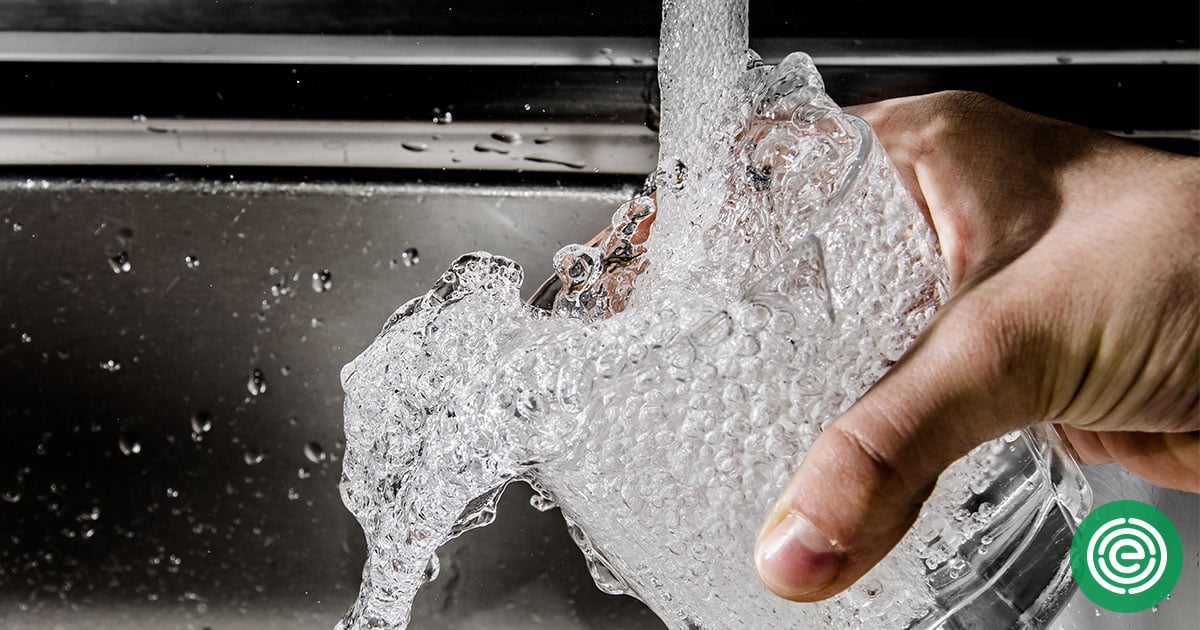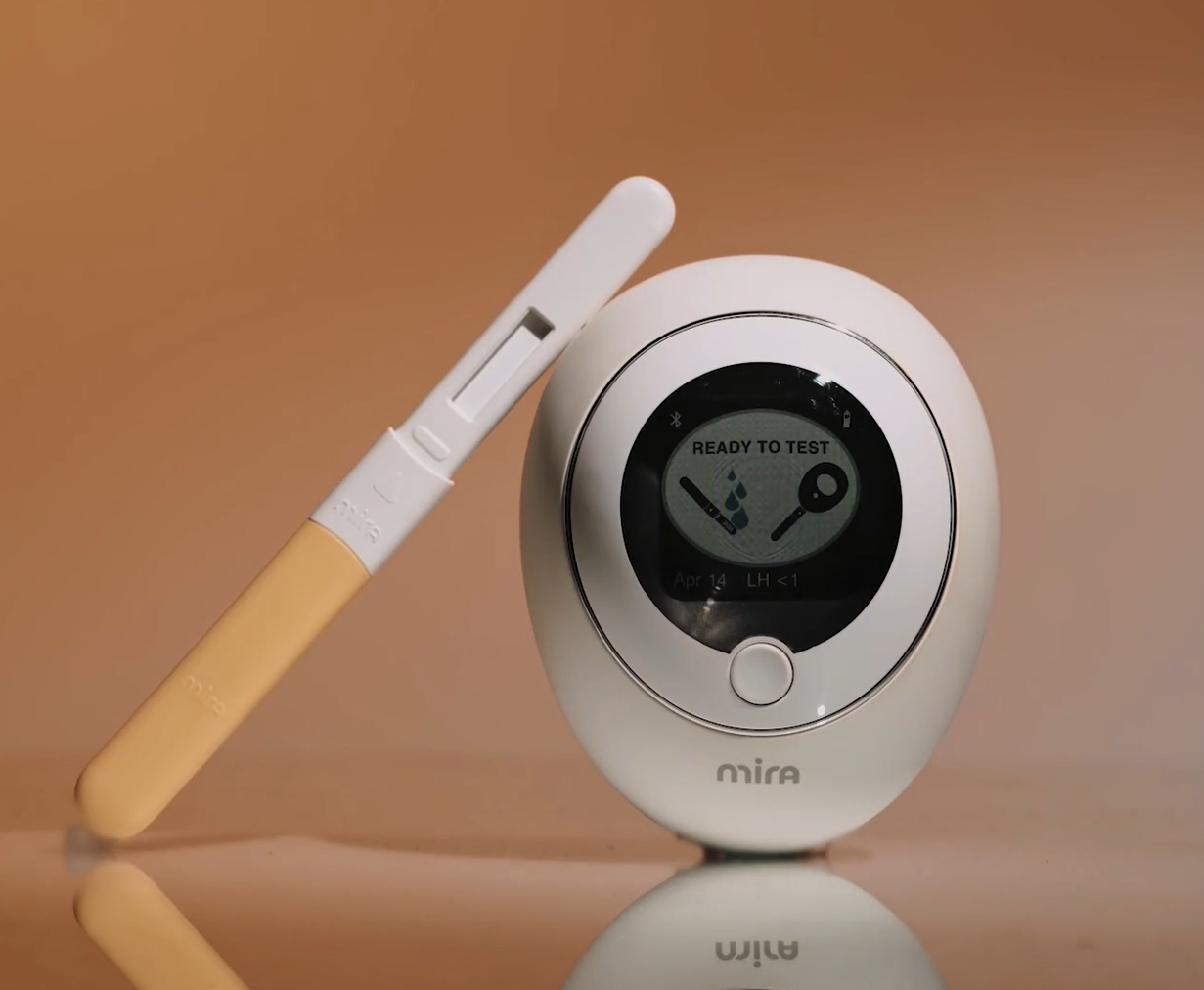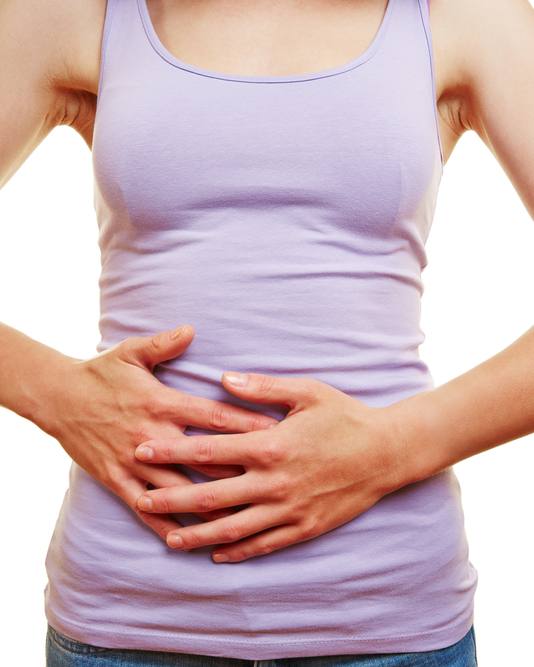
Bernadette_Abraham
Forum Replies Created
-
Bernadette_Abraham
AdministratorSeptember 4, 2025 at 5:50 pm in reply to: Psychologist Recommendation@iryna_klevetenko – is there a particular area of focus so I can help you narrow it down a little? For example, marriage, trauma release, etc.
-
@Kkol we have this Symptom Dictionary handout on Rosacea that can act as a good starting point in terms of root cause factors, and lifestyle/dietary changes and supplements to consider.
-
Hi @R-S, yes it’s likely that you’re doing too much too fast. Remember low & slow. It’s important to allow your body time to adjust to anything new which also allows you to determine if it’s causing any symptoms. I often recommend 3 days when introducing anything new.
If the symptoms started when you introduced Mag Phos, that’s likely the culprit. So cut out anything that was introduced too quickly, allow your body to get back to baseline, and then reintroduce them one at a time with enough days in between to assess how it makes you feel.
And also keep in mind that it’s not necessary to do them all. Choose your favorite 1-3 and stick with those if they are helping.
-
Bernadette_Abraham
AdministratorSeptember 3, 2025 at 4:02 pm in reply to: Random redness/itch on faceHi @healthyliving99 – thanks for sharing. Skin issues can be really frustrating, and also difficult to figure out because there can be so many different causes. But based on the brief description you shared, a few possible factors came to mind:
- postpartum hormonal shifts (including thyroid changes)
- possible histamine intolerance, food sensitivities, or postpartum immune shifts (the immune system resets after pregnancy and breastfeeding)
- skin barrier sensitivity (especially after dermaplaning)
- nutrient depletion from breastfeeding
- possible environmental triggers since moving back to the US (water quality, detergents, or allergens)
- possible yeast imbalances given the chronic history of dandruff
Now to help you narrow this down, please answer the following questions:
-
Do the flare-ups seem tied to your cycle (around ovulation or period)?
-
Have you changed skincare, detergent, or diet since returning to the US?
-
Is your drinking water filtered? How about showers?
-
Do you notice if it happens more indoors vs outdoors?
-
Have you had your thyroid, vitamin D, iron, or zinc checked since giving birth?
-
Any family history of eczema, rosacea, or psoriasis?
-
Besides dryness, have you noticed hair changes, temperature sensitivity, or unusual fatigue?
-
Do you ever notice things like sugar cravings, recurrent yeast infections, or that your dandruff flares more in humid or sweaty conditions?
Let’s start with these questions, and I’ll wait to hear back from you. We’ll help you get to the bottom of this!
-
@Kkol fire those doctors and find her one who understands hormones! If she’s open to a virtual consultation, I highly highly recommend Dr. Felice Gersh and Dr. Lindsey Berkson – both were guest experts and I’ve linked their sessions with details on how to connect with them.
-
@Kkol – appreciate your loyalty and we value our founding members so much!
I guess we should make our “feedback” link more obvious. 🙂 It’s in the global footer of all of our pages.
Here’s the direct link if you’d like to provide constructive criticism or positive reviews : https://bbettermembership.com/feedback/
-
@Bahareh – the menopause transitions kit. It measures FSH to determine your stage of menopause transition, LH to see if you ovulate, E3G to measure estrogen, and PdG to measure progesterone. The kit comes with 20 wands each so you can pretty much test your whole cycle after your period. Isn’t that so cool? I was so excited when I found out about this company. I’m exploring others too.
-
@Kkol haha, thanks – that means a lot! B Better has always been mission-led first with a strong vision of becoming the “Mindvalley of functional medicine”. We’re still in the building phase (not quite profitable yet!), but what matters is showing up consistently for our members. I know with time, more and more people will find their way here too. If you feel compelled, we’d appreciate you spreading the word to friends and family too! That would help us so much. 🙂
Ok, I’m glad sleep apnea has been ruled out. I’m assuming a sleep study was done? If so, that’s a big checkbox marked off… if not, please pursue.
And yes, like I mentioned in my previous reply, cutting out sugar and quitting smoking are positive choices on your part. They absolutely affect lipids.
As for target ranges:
- ApoB: Ideally <80 mg/dL if higher risk, <100 if moderate risk
- LDL-C: Often <100 mg/dL, or <70 mg/dL in higher risk cases. “Too low” is less of a concern since your body still makes the cholesterol it needs
-
Lp(a): This one is mostly genetic. Like I mentioned before, niacin (flushing form, under supervision) has been shown to help, and PCSK9 inhibitors can lower it too if that’s what you’re leaning towards.
So your goal of bringing LDL and ApoB into range is a good strategy, and like you said, if Lp(a) comes down too then even better. Between your diet/lifestyle changes, the right supplements, and some medical interventions if needed, you’re on the right track.
-
@Kkol – first off, congratulations on cutting out sugar and IQOS. That’s the best gift you can give yourself. Insulin resistance resistance is definitely a root cause factor for elevated lipids. Sleep apnea can be an often missed one too – have you looked into that?
Regarding your questions:
- Berberine: is best taken just before meals (5–15 mins). It helps with blood sugar after eating by improving insulin sensitivity. Most tolerate it well, but because it can affect the gut microbiome, some people notice mild digestive changes at first. So starting with a lower dose (e.g. 500 mg once daily) and building up is sometimes easier.
- Niacin: yes, the flushing kind is what works for lipids. But you’re right, higher doses can stress the liver. That’s why it really needs to be done under supervision and with regular lab checks. It can be very effective but not one to DIY.
- Citrus bergamot, plant sterols, pantethine, tocotrienols, beta-sitosterol: all of these have some evidence for improving lipids, but they usually have a smaller effect compared to prescription meds. Nevertheless, they can still add extra support.
- Nattokinase: is more for clotting support than directly lowering LDL/ApoB
- Medications (Repatha, Inclisiran, Ezetimibe): these are very effective at lowering LDL and ApoB, and reducing risk quickly, especially for those with a family history of cardiovascular disease or who can’t tolerate statins. But they still don’t fix the “why” behind your numbers. They also come with their own set of side effects which is why it’s definitely something you want to discuss and explore further with your doctor.
-
Bernadette_Abraham
AdministratorSeptember 4, 2025 at 11:06 am in reply to: Random redness/itch on faceHi @healthyliving99 – thanks for answering my questions. There are a few things that stand out that could be contributing to your skin flares and I have a few more questions too:
- Since your period hasn’t returned yet, hormones are still suppressed from breastfeeding, which can affect skin hydration and barrier strength. This could be part of why your skin feels so dry and reactive.
- The fact that your drinking water is filtered but not your shower, this might be worth exploring. Check the EWG Tap Water Database to see how your tap water rates in your area. Simply add your zip code or state to see the score and list of contaminants: https://www.ewg.org/tapwater/ Chlorine and other chemicals in city water can be irritating your skin, especially if the skin barrier is already sensitive from hormonal shifts.
- Your long history of dandruff, especially that it’s worse in humidity or sweat, does point to a yeast/fungal component. And sugar cravings plus postpartum immune shifts can add to that too.
- Past mold exposure may have primed your system, even though you’re no longer in that environment.
To help narrow things down, I have a few more questions please:
1. Do you notice flares right after showering, or after eating certain foods like dairy, gluten, wine, or sugar?
2. When the redness comes, does it feel hot or get worse with stress or fermented foods (like kombucha, vinegar, sauerkraut, or eating leftovers)? Here’s a list of high histamine foods to help you see if there’s a connection to histamine.
3. Would you be open to doing some basic labs (full thyroid panel (TSH, Total T4, Free T4, Free T3, Reverse T3, anti-TPO, anti-TG), vitamin D, iron/ferritin, RBC zinc, RBC B12, fasting glucose/insulin)? This can give us valuable insight into postpartum nutrient and hormone balance.
In the meantime, it might be worth getting a shower filter to see if it helps reduce skin irritation. Also would you consider keeping track of any food or environment links for the next couple of weeks? This can also help give us a clearer pattern.
And if you need help to soothe the area, colloidal oatmeal can be helpful if it’s red and itchy. Fresh aloe gel can help cool if it feels hot.
I’ll wait to hear from you on the above.
ewg.org
EWG's Tap Water Database: What's in Your Drinking Water?
Look up your local water system to find out which pollutants might be of concern, and find suggestions on the best kinds of home filters to remove those chemicals.
-
@Bahareh – since you’re going through perimenopause and cycles are becoming less predictable, testing on Day 19-21 also becomes less reliable. I haven’t yet posted about my journey with Mira, but I think it’s a game changing test for women going through perimenopause/menopause. Instead of testing progesterone on 1 day which can be a complete guess during this phase, Mira allows women to test their cycles daily so they can see patterns and associated symptoms. It’s a convenient at-home hormone test kit that’s also really affordable. Like I said – game changing!
I loved the concept so much that I reached out to get B Better members an exclusive discount not available publicly. You can find it here in Discounts.
Before Mira came along, women during perimenopause can track ovulation with LH strips (ovulation predictor kits) and/or basal body temperature, then add 5 to 7 days after ovulation to estimate the best time to test progesterone.
That’s another option.
bbettermembership.com
B Better – Holistic Health & Wellness Community
Join B Better, a holistic health community offering expert advice, live Q&A sessions, and wellness resources. Start your free trial today and take charge of your well-being—no credit card required!
-
Bernadette_Abraham
AdministratorSeptember 1, 2025 at 7:07 pm in reply to: Restricted diet- Snack and meal ideas please!@Rania yes, it’s ok to take them together.
-
Bernadette_Abraham
AdministratorSeptember 1, 2025 at 6:05 pm in reply to: Restricted diet- Snack and meal ideas please!@Rania – Oscillococcinum stat! Pharmacy should hopefully carry it. It’s an amazing homeopathic remedy that helps reduce duration and severity of the flu, and is most effective at the onset of symptoms.
-
Bernadette_Abraham
AdministratorSeptember 1, 2025 at 5:00 pm in reply to: Restricted diet- Snack and meal ideas please!@Rania – I also wanted to add…
In the event that your homeopath doesn’t give you clearance to start Tryptophan, I also wanted to suggest another way to support mood through microbiome modulation. It’s amazing how much our mood is connected to our gut, so a targeted probiotic may just be the key without risking serotonin syndrome.
There was a study done on this probiotic by Bio-Kult that showed reduction in anxiety and major depression after 4 and 8 weeks while medicated. Here are the summarized findings and study is linked below:
Adults (aged 18-55 years) with major depressive disorder (HAMD-17 score >13) were administered a multistrain probiotic (Bio-Kult Advanced; four capsules daily, each containing 2×10^9 CFU for a total of 8 billion CFU/day; n=24) or a placebo (n=25) for 8 weeks, in addition to their ongoing antidepressant medication. The probiotic group showed significant improvements in depressive symptoms, with HAMD-17 scores at week 4 (SES: 0.70, 95% CI: 0.01 to 0.98; P=0.04) and IDS scores at week 8 (SES: 0.64, 95% CI: 0.03 to 0.87; P=0.04). They also had greater reductions in anxiety symptoms, as indicated by HAMA scores at week 4 (SES: 0.67, 95% CI: 0 to 0.95; P=0.05) and week 8 (SES: 0.79, 95% CI: 0.06 to 1.05; P=0.03). However, no significant improvements were found in GAD-7 scores at week 4 (SES: 0.57, 95% CI: -0.01 to 0.82; P=0.06) or week 8 (SES: 0.32, 95% CI: -0.19 to 0.65; P=0.28). [Nikolova et al, 2023],


